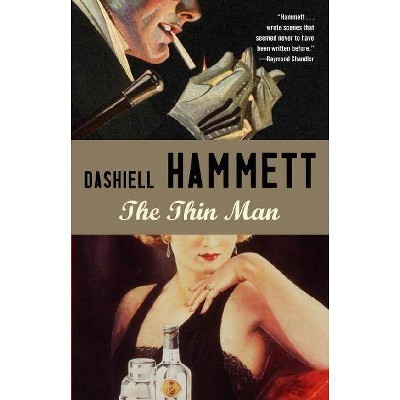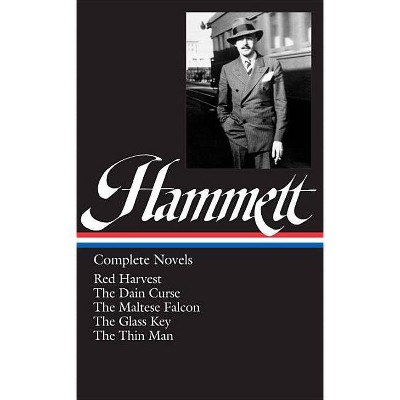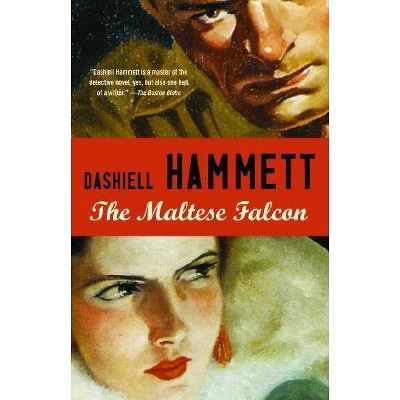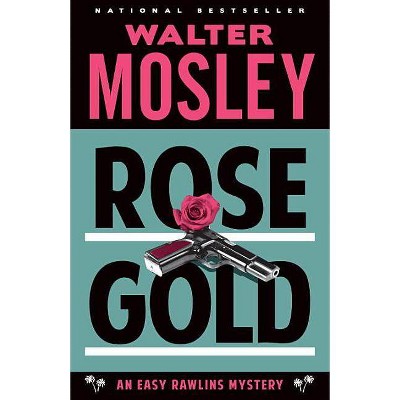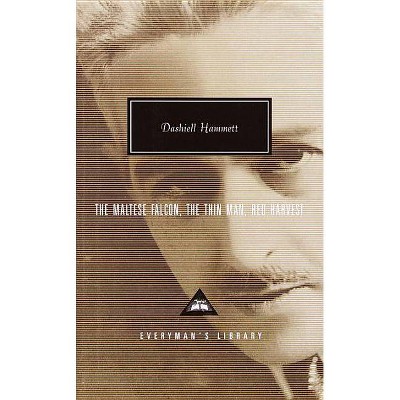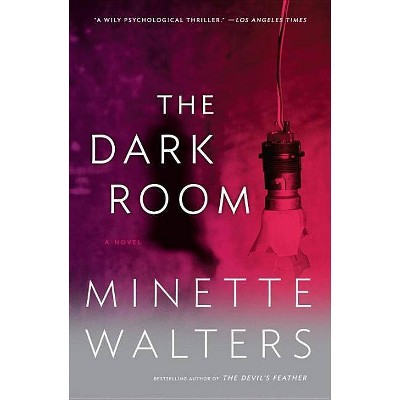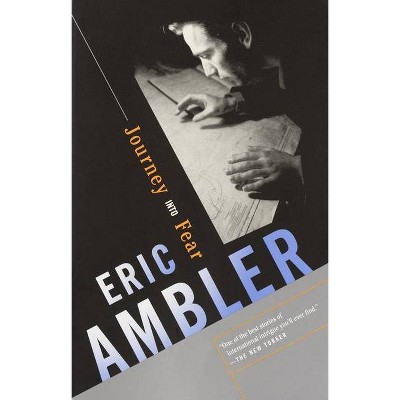Red Harvest - (Vintage Crime/Black Lizard) by Dashiell Hammett (Paperback)
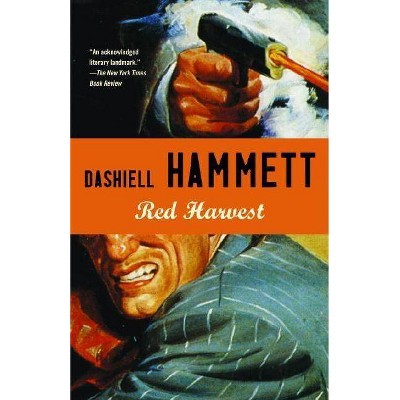
Similar Products
Products of same category from the store
AllProduct info
<p/><br></br><p><b> About the Book </b></p></br></br>One of Hammett's masterpieces, this is the most vivid and realistic picture of gang war ever written--and one of the most exciting of all suspense novels.<p/><br></br><p><b> Book Synopsis </b></p></br></br>Detective-story master Dashiell Hammett gives us yet another unforgettable read in <b>Red Harvest</b> When the last honest citizen of Poisonville was murdered, the Continental Op stayed on to punish the guilty--even if that meant taking on an entire town. <b>Red Harvest</b> is more than a superb crime novel: it is a classic exploration of corruption and violence in the American grain.<p/><br></br><p><b> Review Quotes </b></p></br></br><br>"An acknowledged literary landmark." --<b>NY Times Book Review</b>. <p/>"Dashiell Hammett is an original. He is a master of the detective novel, yes, but also one hell of a writer." -- <b>Boston Globe</b> <p/>"Hammett's prose [is] clean and entirely unique. His characters [are] as sharply and economically defined as any in American fiction." <p/> --<b>The New York Times</b><br><p/><br></br><p><b> About the Author </b></p></br></br>Dashiell Samuel Hammett was born in St. Mary's County, Maryland. He grew up in Philadelphia and Baltimore. Hammett left school at the age of fourteen and held several kinds of jobs thereafter--messenger boy, newsboy, clerk, operator, and stevedore, finally becoming an operative for Pinkerton's Detective Agency. Sleuthing suited young Hammett, but World War I intervened, interrupting his work and injuring his health. When Sergeant Hammett was discharged from the last of several hospitals, he resumed detective work. He soon turned to writing, and in the late 1920s Hammett became the unquestioned master of detective-story fiction in America. In <b>The Maltese Falcon</b> (1930) he first introduced his famous private eye, Sam Spade. <b>The Thin Man</b> (1932) offered another immortal sleuth, Nick Charles. <b>Red Harvest</b> (1929), <b>The Dain Curse</b> (1929), and <b>The Glass Key</b> (1931) are among his most successful novels. During World War II, Hammett again served as sergeant in the Army, this time for more than two years, most of which he spent in the Aleutians. Hammett's later life was marked in part by ill health, alcoholism, a period of imprisonment related to his alleged membership in the Communist Party, and by his long-time companion, the author Lillian Hellman, with whom he had a very volatile relationship. His attempt at autobiographical fiction survives in the story "Tulip," which is contained in the posthumous collection <b>The Big Knockover</b> (1966, edited by Lillian Hellman). Another volume of his stories, <b>The Continental Op</b> (1974, edited by Stephen Marcus), introduced the final Hammett character: the "Op," a nameless detective (or "operative") who displays little of his personality, making him a classic tough guy in the hard-boiled mold--a bit like Hammett himself.
Price History
Price Archive shows prices from various stores, lets you see history and find the cheapest. There is no actual sale on the website. For all support, inquiry and suggestion messagescommunication@pricearchive.us
